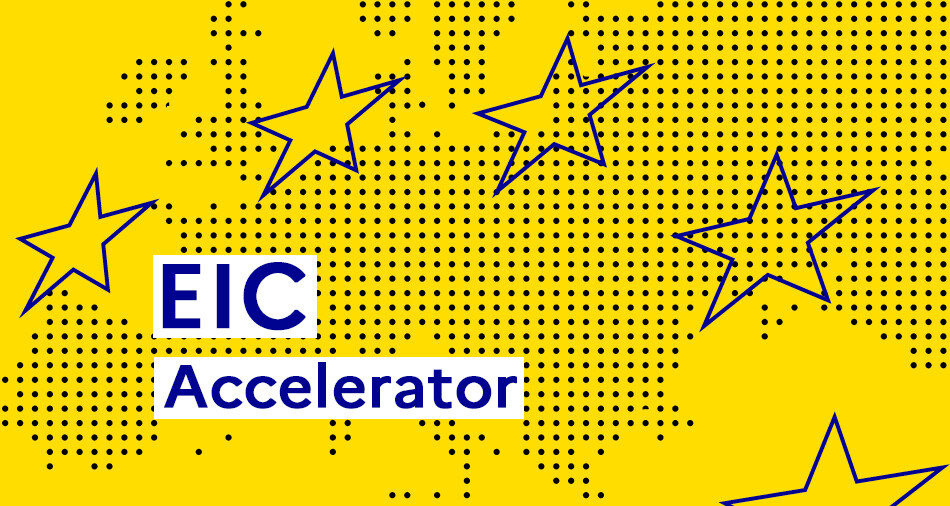ExpectedOutcome:
In line with the farm to fork strategy the successful proposals will support food safety in the food system. Despite the continued generation of new knowledge and innovative solutions through funded European projects on how to ensure food safety in the food supply chain, they are often insufficiently exploited/known and widely applied by end-users for different reasons (official control authorities, food business operators, food safety risks assessors, etc.). Innovative ideas from practice are also insufficiently captured, exchanged and spread. Food safety knowledge and innovation ecosystems are insufficiently connected.
Project results are expected to contribute to all of the following expected outcomes:
- Widespread use of existing new knowledge and innovative solutions by end-users (practitioners) on the ground ensuring food safety;
- Improved flow of knowledge and innovative solutions with end-users through more dynamic interactions and new collaboration methodologies to ensure food safety along the food supply chain;
- Better incorporation of end-users needs into the activities of research and innovation ecosystems, which would generate a better targeted and shared research agenda for innovation-driven food safety research, including the multi-actor approach. Greater user acceptance and adoption of the collected solutions generated;
- Improved skills and long-term availability of training and education material and on-line communities for end-users on how to ensure food safety
Scope:
Proposals are expected to contribute to the creation of a thematic network in the area of food safety, including all of the following activities:
- Development of a community of practice to foster knowledge exchange between end-users and research and innovation ecosystems who will work together. Traditional and local food products should be taken into consideration in this community of practice;
- Proposals must implement the 'multi-actor approach' and ensure adequate involvement of academia and research-technology organizations, etc. with end-users (official control authorities, food businesses, industrial clusters, etc.) and other relevant actors of the food chain;
- Compilation of a comprehensive description of the state of food and feed safety practices, procedures, systems and technologies (including not only technologies for food safety hazards detection but also preventative approaches as well as food equipment/systems hygienic design best practices, and existing big data and/or artificial intelligence tools applied to food safety). Proposals should focus on the cost/benefit aspects of the practices and innovations collected and build on existing and new available knowledge, data and models enabling the practical implementation of solutions;
- Creation of tailor-made communication materials summarizing, sharing and presenting, in a language easily understandable for end-users, existing best practices and innovations that are close to implementation into practice, but not sufficiently known by end-users;
- Identification and mapping of possible relations and synergies with other networks, projects, initiatives and policy and funding instruments at regional, national and European level, that could help disseminate and exploit knowledge and results showing the added value of these inter-connections as well as to put in place mechanisms ensuring the future sustainability of the community of practice. Dissemination via public events, publication of case studies, dissemination papers and reports, and the creation of an on-line collaborative space that remain active in the long-term including the availability of materials for training and education;
- Proposals should include a dedicated task, appropriate resources and a plan on how they will collaborate with other projects funded under the topics HORIZON-CL6-2021-FARM2FORK-01-07, HORIZON-CL6-2021-FARM2FORK-01-16 and HORIZON-CL6-2021-FARM2FORK-01-17.
- Proposals should run for minimum 3 years.





